 新闻详情
新闻详情
 新闻详情
新闻详情
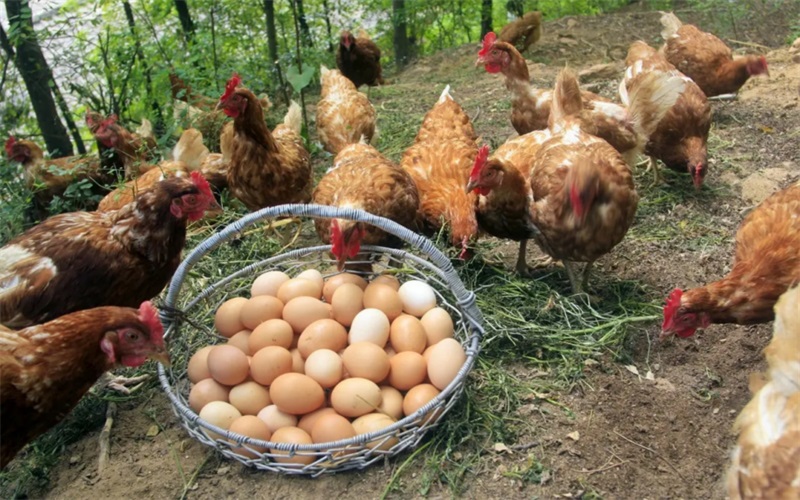
万双网讯 为给学生提供具有生活价值的学习,培养学生的社会责任感,万科双语学校七年级开展了为期一年的PBL项目式学习——土鸡蛋与普通鸡蛋大比拼。
VBS Net News
In order to provide learning with life value for students and cultivate their sense of social responsibility, Vanke Bilingual School launched a one-year PBL project-based learning - a competition between native eggs and ordinary eggs.
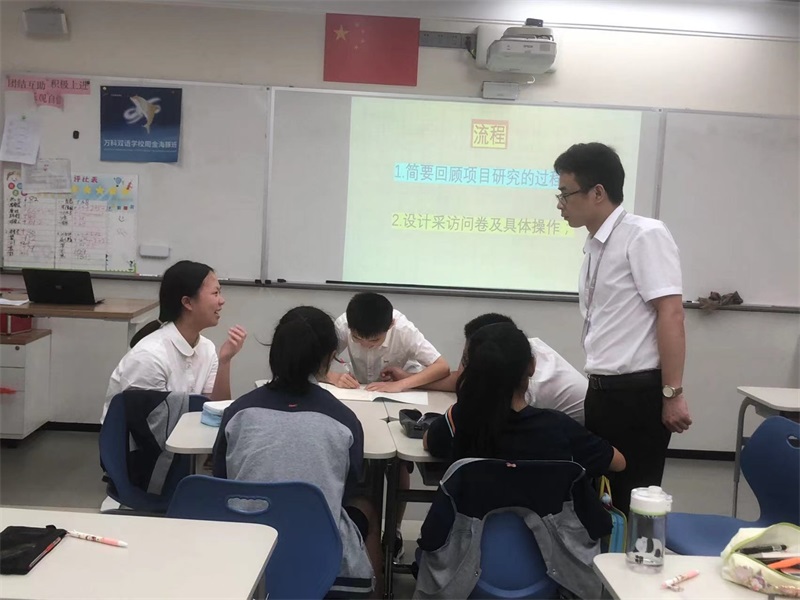
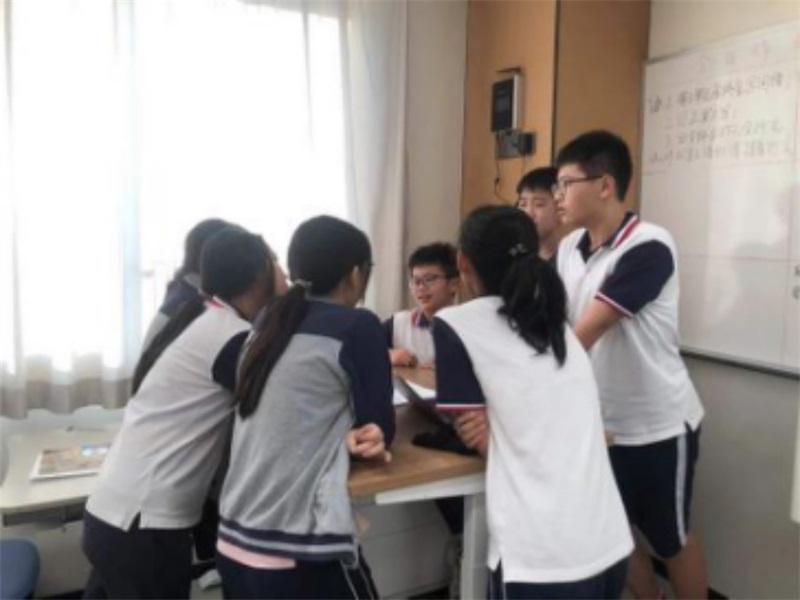
项目启动
Project Launch
在导师的引导下,学生带着“土鸡蛋 ‘土’在哪里”的疑问深入超市了解鸡蛋差异、搜寻资料,采访大众,了解价格差异、确定土鸡蛋的定义、大众对土鸡蛋的观点看法,并在班级内分享相关背景知识,满怀好奇心去探究。
Under the guidance of teachers, the students took the question of "where is the 'native' of native eggs" into the supermarket to understand the differences of eggs, searched for information, interviewed the public, understood the price differences, determined the definition of native eggs, and the public's views on native eggs. They also shared relevant background knowledge in the class and explored with curiosity.
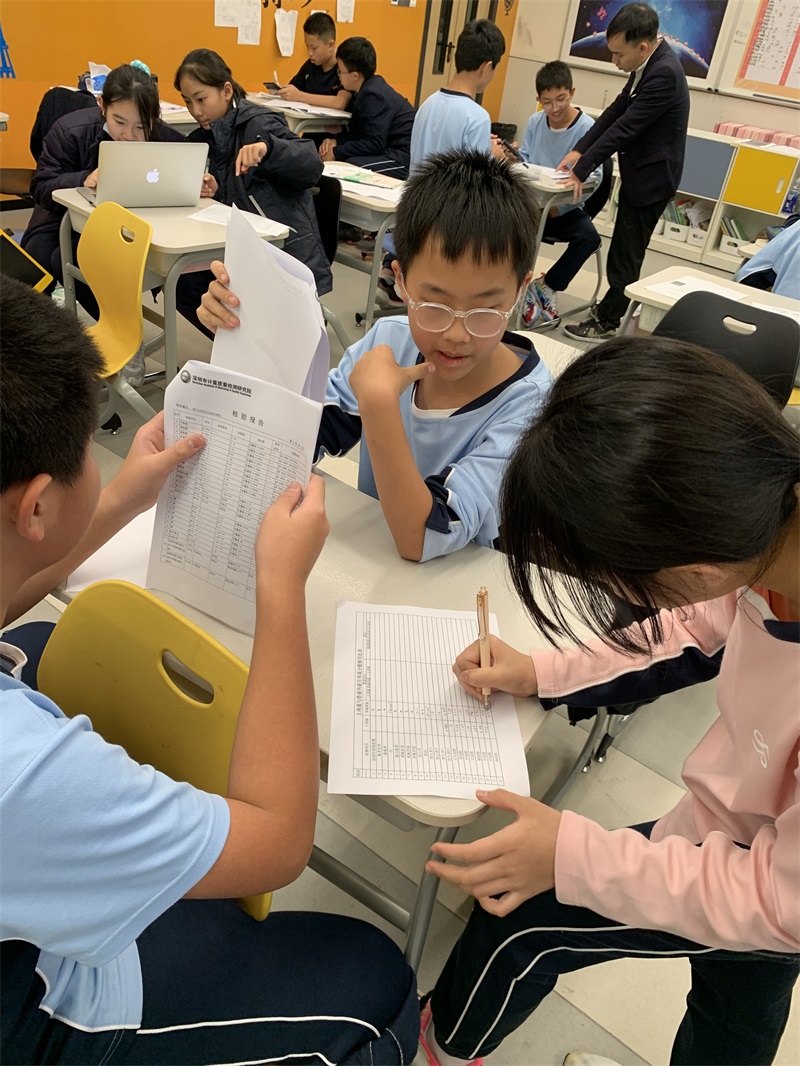
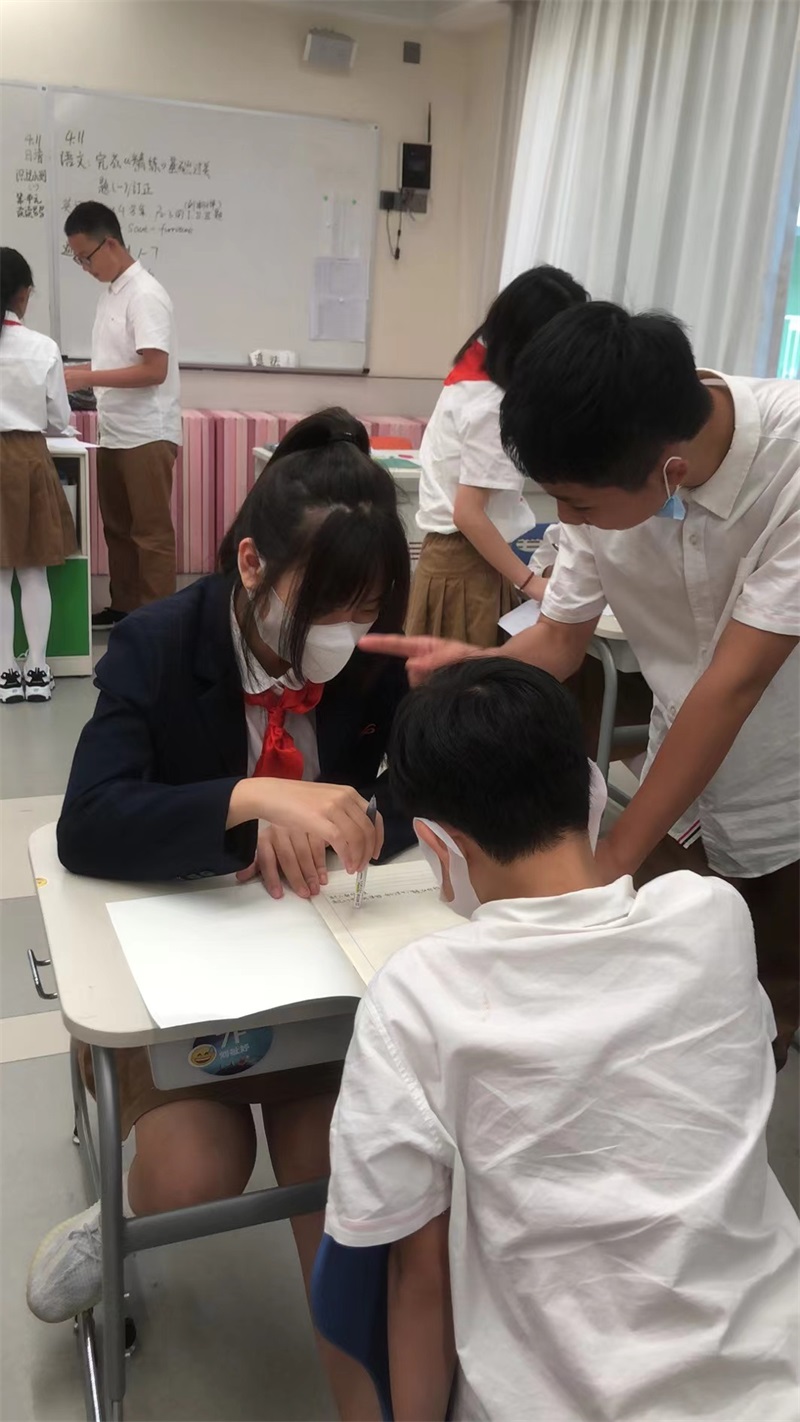
核心问题
Core Issues
土鸡蛋价格普遍高于普通鸡蛋,为什么价格会有这样的差异?这到底是一分钱一分货,还是只是一种充满噱头的营销策略?学生确定好研究的子问题后,开始访谈学生、老师、家长以及社区居民,并剪辑采访和科普视频。
The price of native eggs is generally higher than that of ordinary eggs. Why is there such a difference in the price? Is there a different price for different goods, or is it just a marketing strategy full of gimmicks? After the students determined the sub questions of the study, they began to interview students, teachers, parents and community residents, and edited videos about interviews and popularization of science.
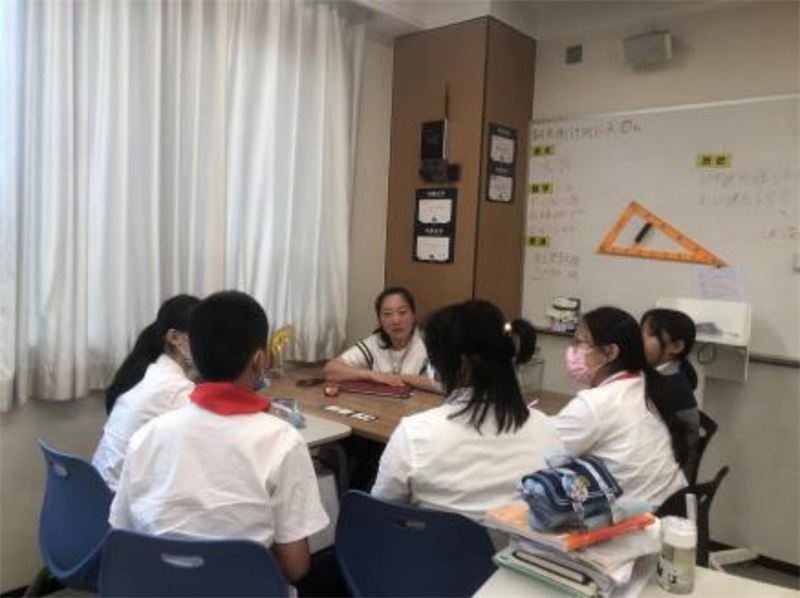
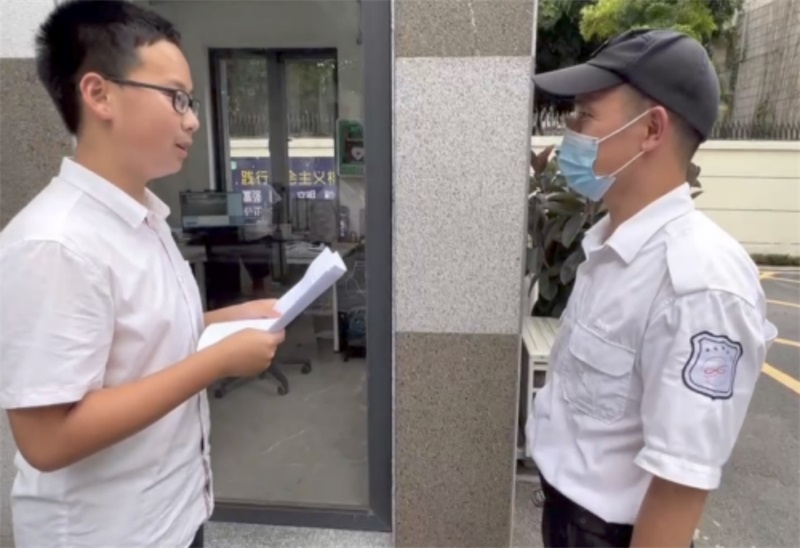
自主探究
Independent Inquiry
学生通过土鸡蛋和普通鸡蛋蛋黄蛋白比例展开实验探究,并根据检测的土鸡蛋和普通鸡蛋营养含量进行数据分析,了解营养差异。
The students carried out experimental exploration through the proportion of egg yolk protein of native eggs and ordinary eggs, and analyzed the data according to the detected nutritional content of native eggs and ordinary eggs to understand the nutritional differences.
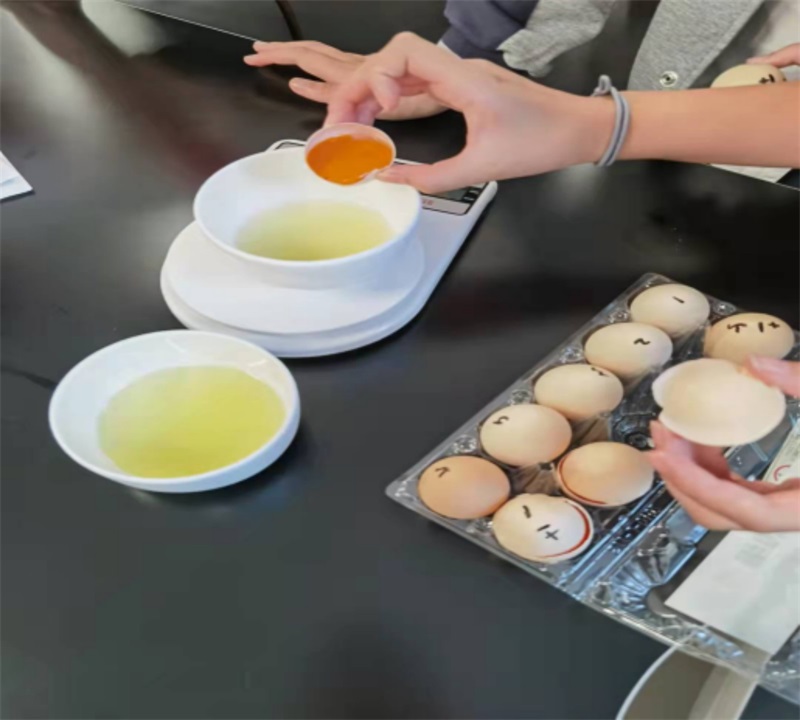
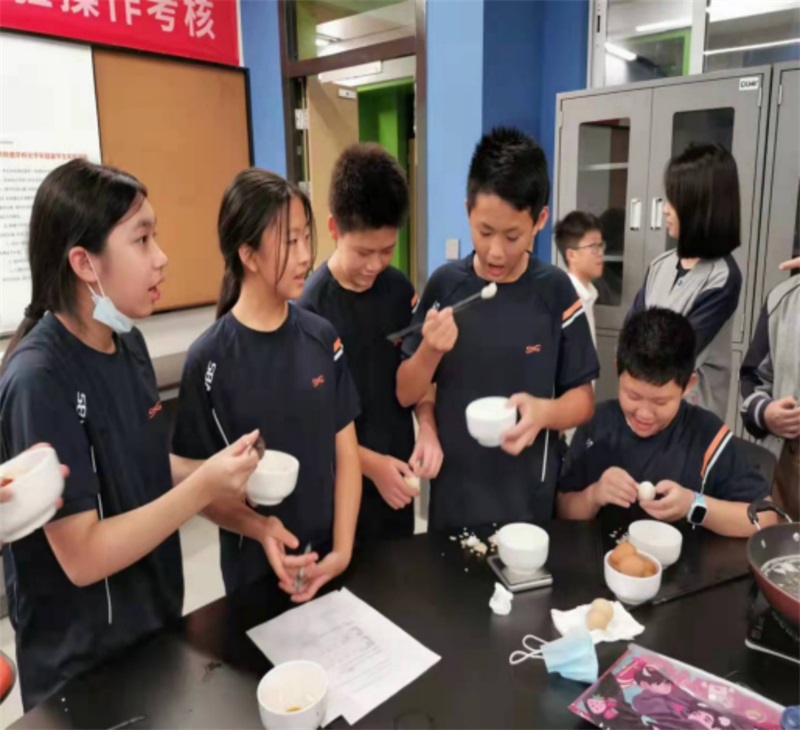
辩论+演讲
Debate Competition and Speech
学生根据前期研究的成果并从经济学的角度展开了辩论赛,在激烈的辩论提升批判性思维。学生根据研究结果,自行选择宣讲方式,深入各年级班级进行宣讲,提升演讲能力。
Based on the results of previous research and from the perspective of economics, the students launched a debate competition to improve critical thinking in the fierce debate. According to the research results, they chose their own way of publicity, went deep into classes of all grades to promote their speech ability.
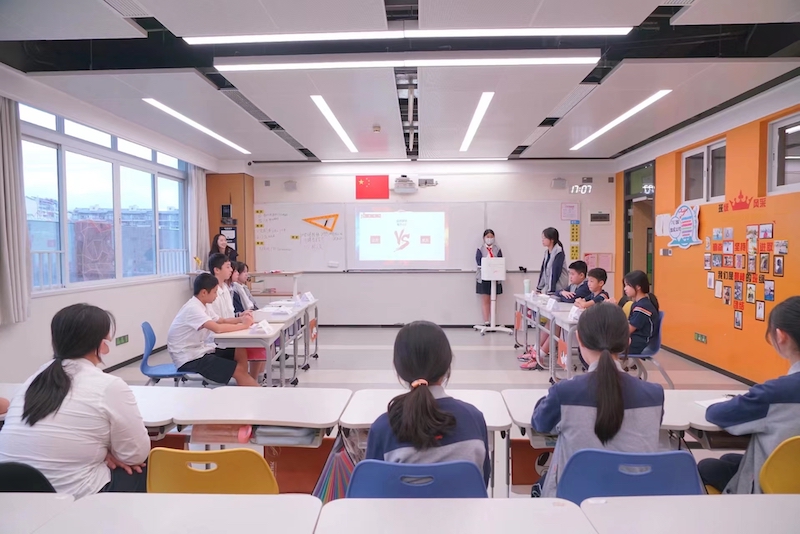
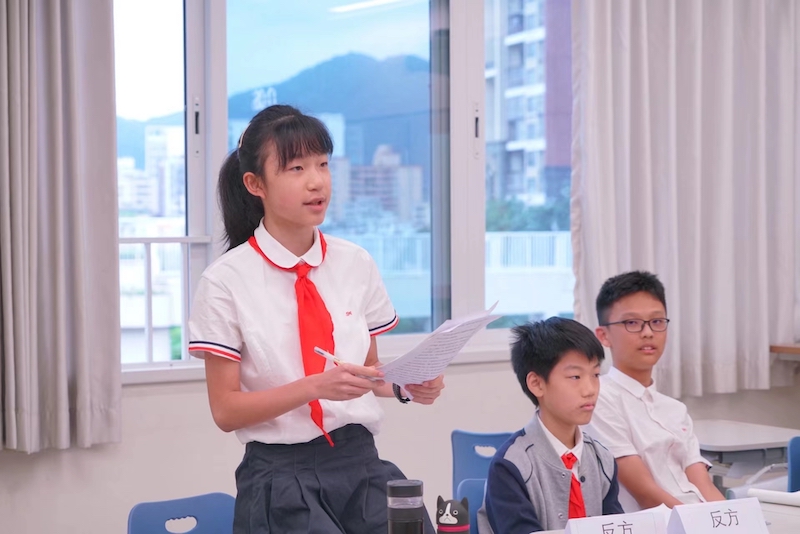
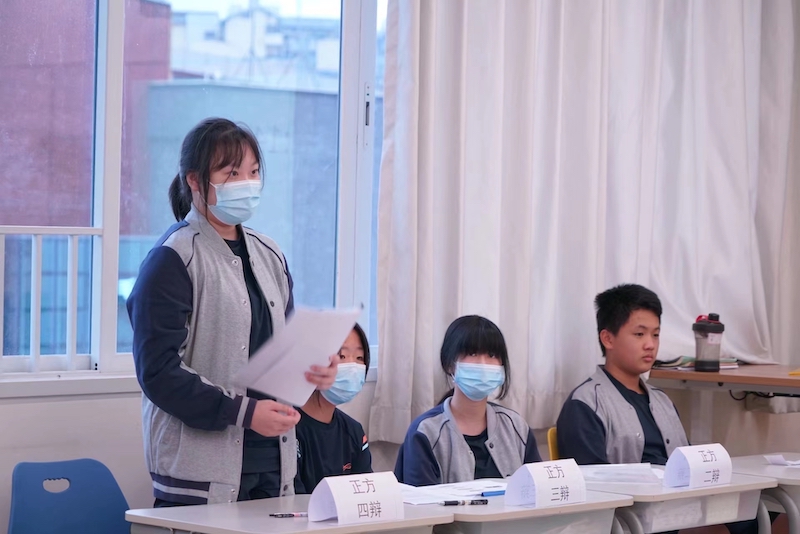

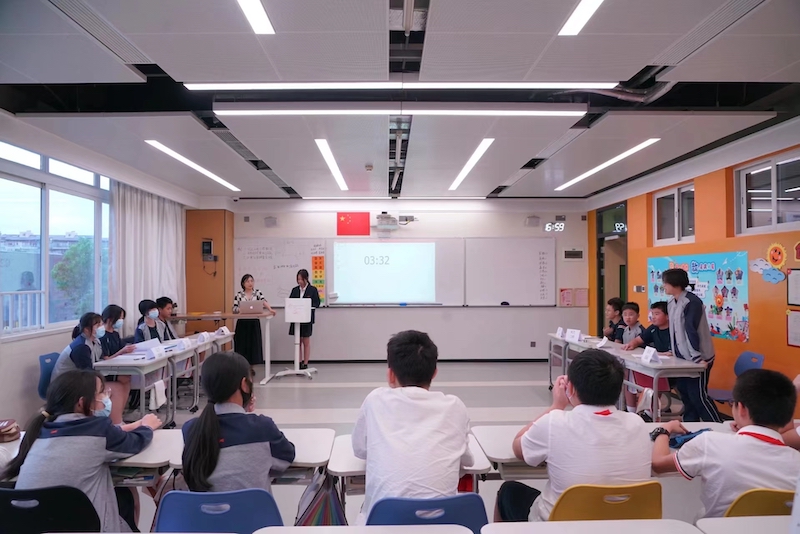
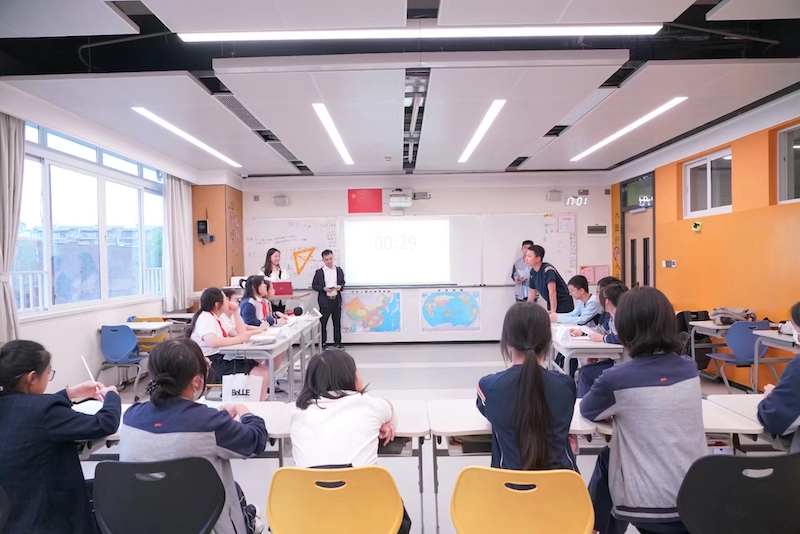
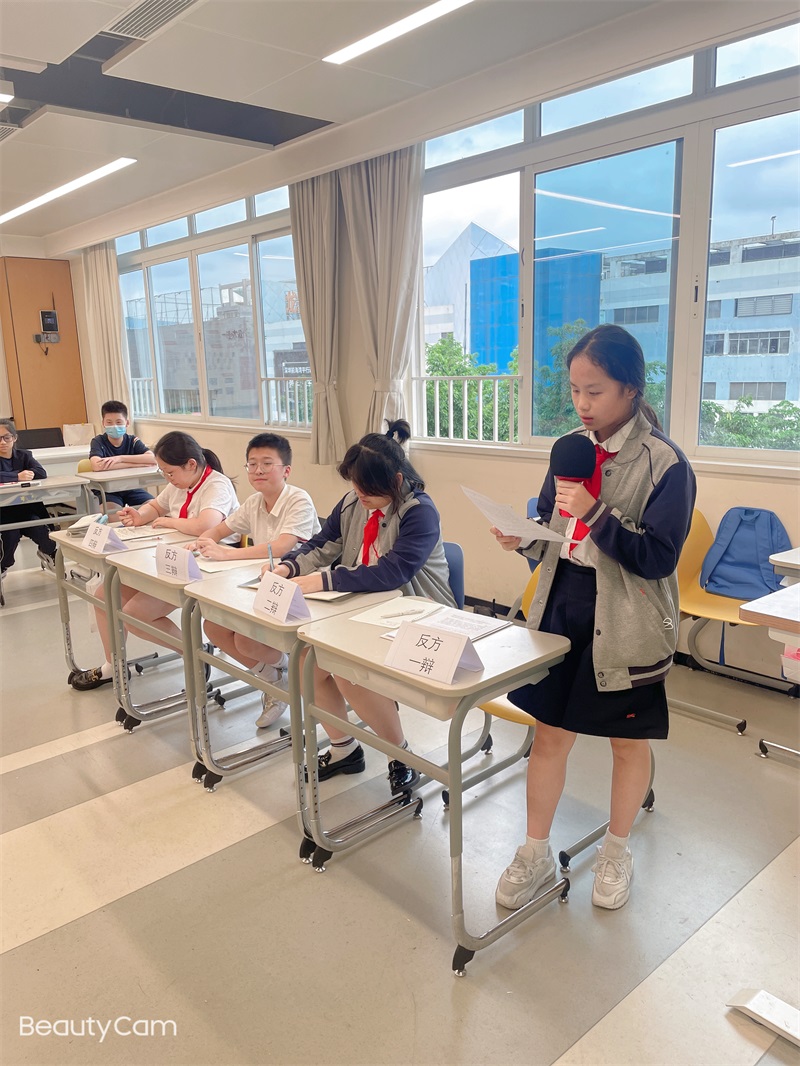
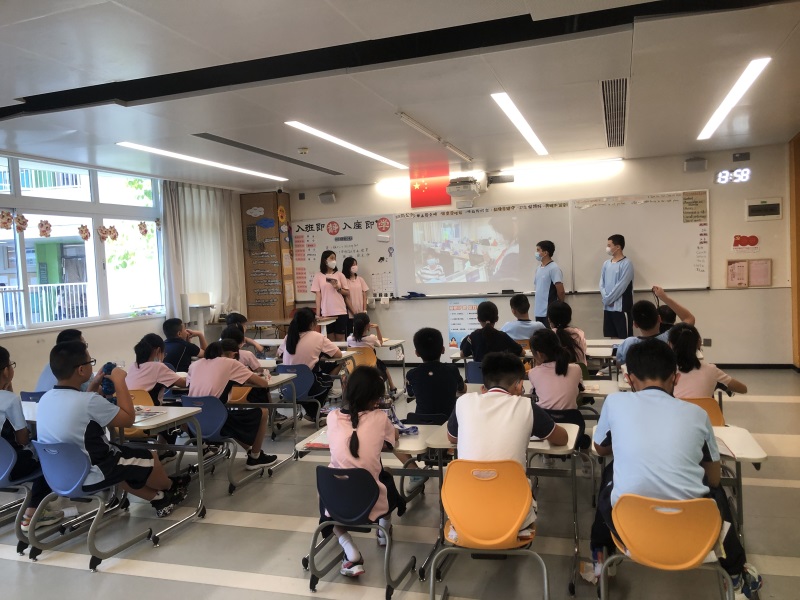
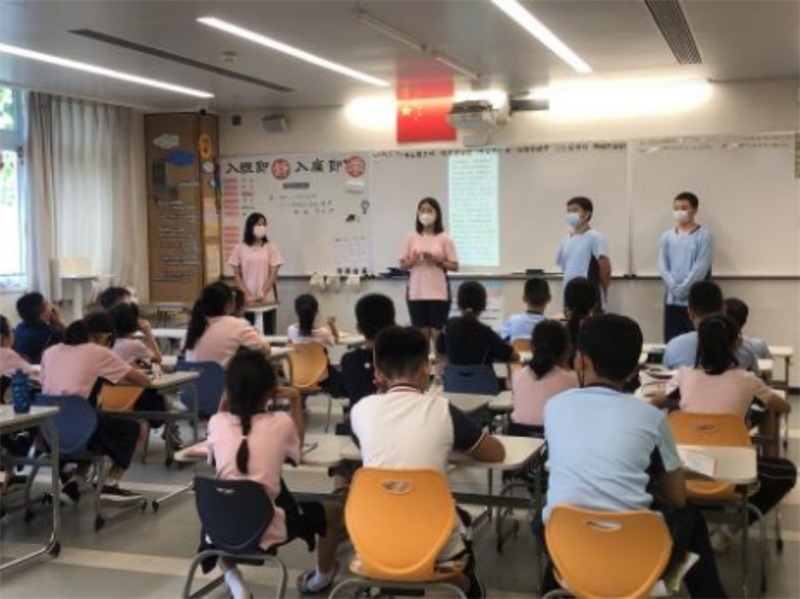
本次项目式学习以“土鸡蛋与普通鸡蛋”的对比为核心,通过对资料查找、数据分析,实验探究、采访、调研、辩论赛、宣讲等一系列活动,培养学生发现和解决问题的能力、合作能力、创新力、探究钻研精神、社会交际能力、表现力,提升学生的综合素养。在本次学习过程中,学生满怀好奇心,通过自主调查与探究,提升了对生活的认知,点燃了学习的内驱力,增进了全局性理解力。
This project-based learning takes the comparison of "native eggs and ordinary eggs" as the core. Through a series of activities such as data search, data analysis, experimental exploration, interview, research, debate competition, propaganda and so on, it cultivates students' ability to find and solve problems, cooperation ability, innovation, inquiry and research spirit, social communication ability, expressiveness, and improves students' comprehensive quality. In the process, students were full of curiosity. Through independent investigation and exploration, they have improved their cognition of life, ignited the internal drive of learning, and enhanced their overall understanding.
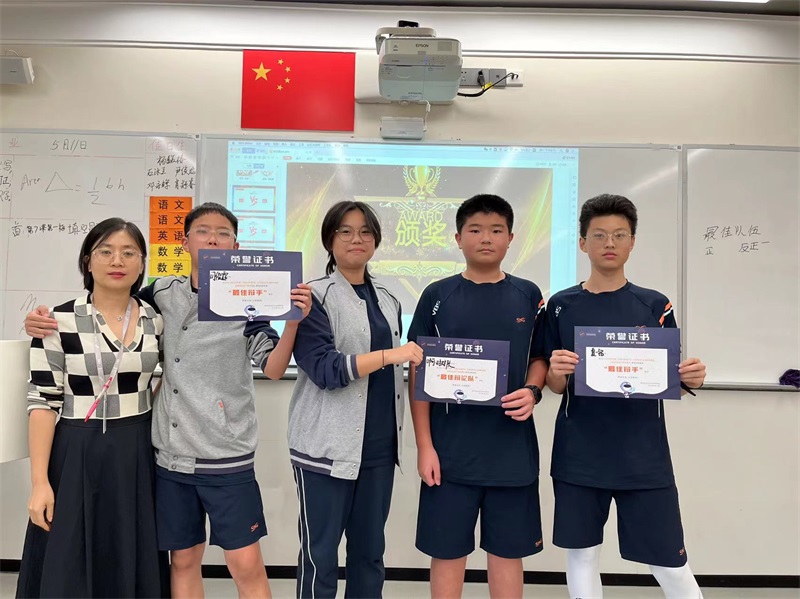
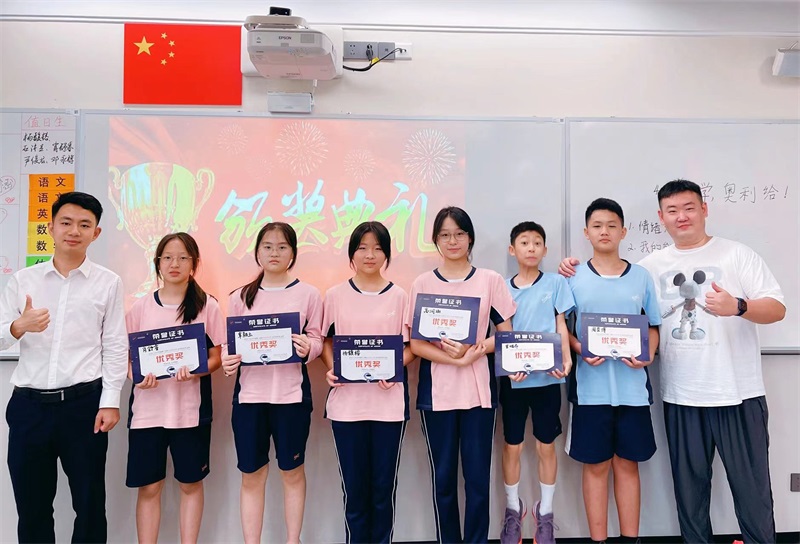
附学生自己拍摄的小视频:
资料提供/何先姬
翻译/陈李 周金凤
编辑/燕子

万双网讯 为给学生提供具有生活价值的学习,培养学生的社会责任感,万科双语学校七年级开展了为期一年的PBL项目式学习——土鸡蛋与普通鸡蛋大比拼。
VBS Net News
In order to provide learning with life value for students and cultivate their sense of social responsibility, Vanke Bilingual School launched a one-year PBL project-based learning - a competition between native eggs and ordinary eggs.


项目启动
Project Launch
在导师的引导下,学生带着“土鸡蛋 ‘土’在哪里”的疑问深入超市了解鸡蛋差异、搜寻资料,采访大众,了解价格差异、确定土鸡蛋的定义、大众对土鸡蛋的观点看法,并在班级内分享相关背景知识,满怀好奇心去探究。
Under the guidance of teachers, the students took the question of "where is the 'native' of native eggs" into the supermarket to understand the differences of eggs, searched for information, interviewed the public, understood the price differences, determined the definition of native eggs, and the public's views on native eggs. They also shared relevant background knowledge in the class and explored with curiosity.


核心问题
Core Issues
土鸡蛋价格普遍高于普通鸡蛋,为什么价格会有这样的差异?这到底是一分钱一分货,还是只是一种充满噱头的营销策略?学生确定好研究的子问题后,开始访谈学生、老师、家长以及社区居民,并剪辑采访和科普视频。
The price of native eggs is generally higher than that of ordinary eggs. Why is there such a difference in the price? Is there a different price for different goods, or is it just a marketing strategy full of gimmicks? After the students determined the sub questions of the study, they began to interview students, teachers, parents and community residents, and edited videos about interviews and popularization of science.


自主探究
Independent Inquiry
学生通过土鸡蛋和普通鸡蛋蛋黄蛋白比例展开实验探究,并根据检测的土鸡蛋和普通鸡蛋营养含量进行数据分析,了解营养差异。
The students carried out experimental exploration through the proportion of egg yolk protein of native eggs and ordinary eggs, and analyzed the data according to the detected nutritional content of native eggs and ordinary eggs to understand the nutritional differences.


辩论+演讲
Debate Competition and Speech
学生根据前期研究的成果并从经济学的角度展开了辩论赛,在激烈的辩论提升批判性思维。学生根据研究结果,自行选择宣讲方式,深入各年级班级进行宣讲,提升演讲能力。
Based on the results of previous research and from the perspective of economics, the students launched a debate competition to improve critical thinking in the fierce debate. According to the research results, they chose their own way of publicity, went deep into classes of all grades to promote their speech ability.









本次项目式学习以“土鸡蛋与普通鸡蛋”的对比为核心,通过对资料查找、数据分析,实验探究、采访、调研、辩论赛、宣讲等一系列活动,培养学生发现和解决问题的能力、合作能力、创新力、探究钻研精神、社会交际能力、表现力,提升学生的综合素养。在本次学习过程中,学生满怀好奇心,通过自主调查与探究,提升了对生活的认知,点燃了学习的内驱力,增进了全局性理解力。
This project-based learning takes the comparison of "native eggs and ordinary eggs" as the core. Through a series of activities such as data search, data analysis, experimental exploration, interview, research, debate competition, propaganda and so on, it cultivates students' ability to find and solve problems, cooperation ability, innovation, inquiry and research spirit, social communication ability, expressiveness, and improves students' comprehensive quality. In the process, students were full of curiosity. Through independent investigation and exploration, they have improved their cognition of life, ignited the internal drive of learning, and enhanced their overall understanding.


附学生自己拍摄的小视频:
资料提供/何先姬
翻译/陈李 周金凤
编辑/燕子
办学理念:让孩子站在未来中央
培养(成长)目标:培养(成为)身体健康、人格健全、学力卓越,具有家国情怀和国际视野, 敢于创造美好未来的中国公民。
地址:深圳市龙华区民治街道华南路80号
电话:0755-66866333
http://vbs.vanke.com
Vanke Bilingual School, Longhua District, Shenzhen
Educational Idea: Let our children experience the future.
Training objectives: our students will become citizen of China with good physical health, sound personality, excellent academic abilities, patriotism, international vision and the courage to create a better future.
Address: No.80 Huanan Road, Minzhi Sub-district, Longhua District, Shenzhen
Contact: 0755-66866333
http://vbs.vanke.com
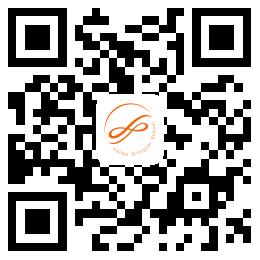
学校网站二维码
QR code of school website
学校公众号二维码
QR code of school official account